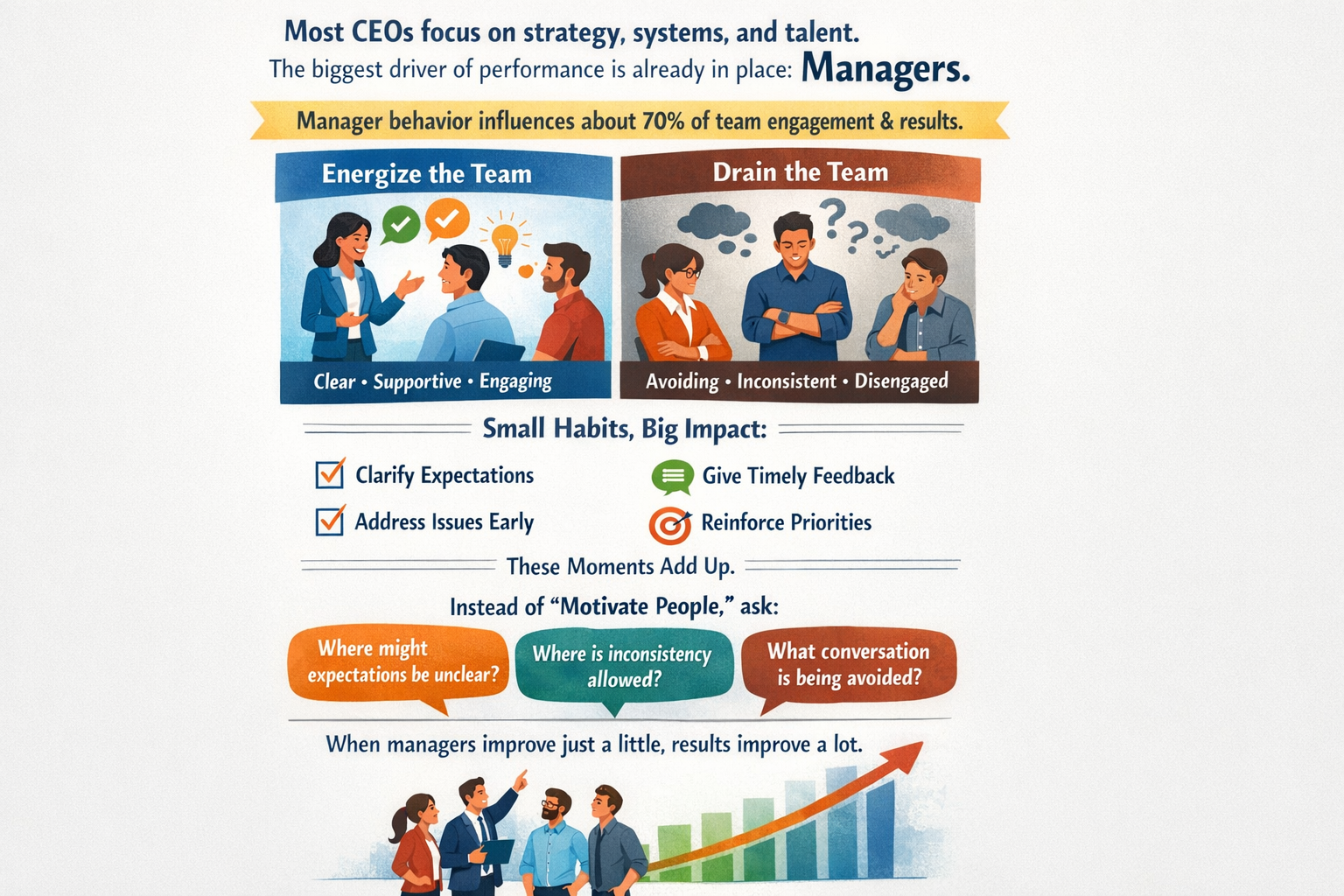Connection Extends Trust

“People want to follow, buy from, and be around those who are willing to connect,” says David Horsager. “Trust is all about relationships, and relationships are best built by establishing genuine connection. Develop the trait of gratitude, and you will be a magnet.”
No person is an island. Human beings are meant to live around other human beings. As Stephen R. Covey says, the highest level of human development is interdependence, not independence. We are at our best when we can enjoy each other’s company and leverage each other’s strengths.
We earn money when we provide a product or service that benefits others, and we pay for goods and services that others provide to us. When we connect well with other people – when we have positive, appreciative relationships with others – we benefit materially and emotionally. Connecting well with others extends trust and loyalty. We have a sense of security and peace knowing that we are part of a reliable community – that we don’t have to ‘go it alone’.
In the work world, we need to have good relationship skills to connect with customers, workplace colleagues, and vendors. Relationship skills strengthen our capability to be a leader, a follower, and a team member during tough times. Connection confidence and competence are critical to thriving in our interdependent society.
Marta Wilson, a Forbes Books author, suggests improving our interpersonal connections by:
- Striking up conversations to develop formal and informal relationships with a diversity of coworkers.
- Looking for small and large ways that we can be unified with coworkers, customers, and suppliers.
- Recognizing other people’s value. Acknowledge their strengths and achievements.
- Setting a positive tone in our work environment to build a culture of support and empowerment. This provides a safe environment to try new things, making it easier for people to grow and change to help their organization achieve its goals and fulfill its mission.
Every day of our lives we rely on others in our family, our workplace, and our community. Positive connections with those around us build trust, which in turn, provides a sense of security and peace, increasing our quality of life.


